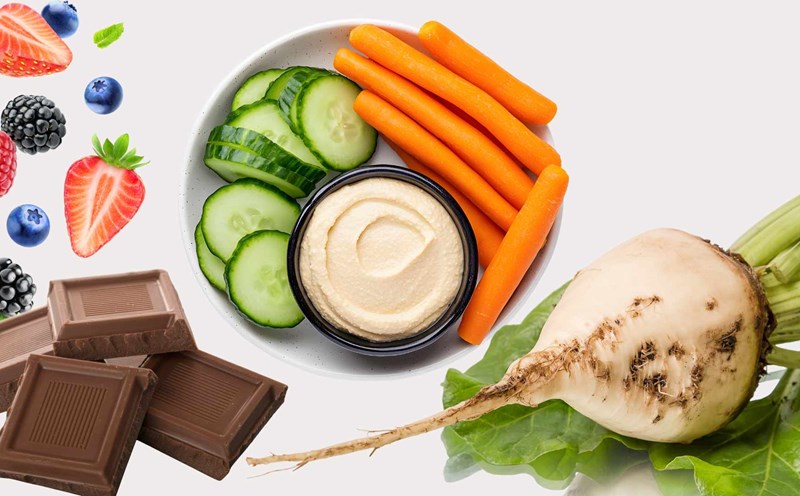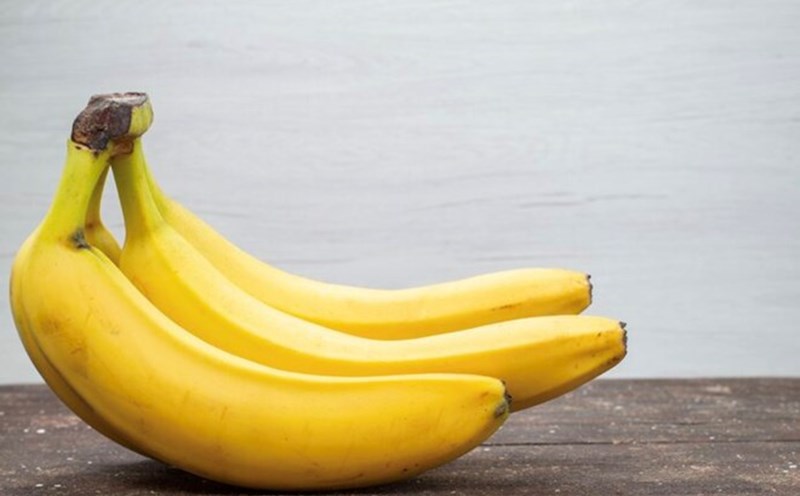Pumpkin (also known as squash) contains a high amount of water (more than 95%), rich in fiber, vitamin C, potassium and antioxidants such as flavonoids. These components support:
Increases uric acid excretion through the kidneys: The rich potassium content helps to slightly diuretic, increasing the excretion of uric acid through urine.
Reduce oxidative stress: Vitamin C and flavonoids inhibit inflammation, reduce joint damage caused by urate crystals.
Limit purines: Zucchini is almost purine-free, a factor that increases uric acid, so it is very safe for gout people.
A diet rich in fiber and vitamin C from squash helps reduce inflammation, improve kidney function, thereby promoting the process of urate excretion.
WHO recommends increasing vegetables low in purines, especially in the summer, to both cool down the body and control metabolic diseases such as gout and dyslipidemia.
Pumpkin soup is easy to prepare, can be combined with shrimp, minced lean meat or cooked vegetarian with mushrooms. Simple cooking method:
Peel, remove the intestines, cut into bite-sized pieces.
Cook with fresh shrimp or lean, light- seasoned meat to limit sodium.
Add green onions and coriander to enhance the flavor.
In particular, eating soup helps hydrate the body, avoiding dehydration, a factor that causes uric acid to be concentrated and easily crystallize in joints.
Research from Clinical Rheumatology shows that gout people should maintain adequate water intake and eat vegetable soup every day to reduce the risk of recurrent acute gout attacks.
Notes when using dishes to lower uric acid: Eat regularly 2-3 times/week: combine alternately with other refreshing dishes such as squash soup, Malabar spinach soup.
Limit red meat and seafood high in purines: lean meat and shrimp should be used in moderation to cook soup.
Keep a reasonable portion: eat a variety of foods, do not rely on just one dish to control uric acid.
Gentle exercise, drink enough water: increase the effectiveness of lowering uric acid and is good for the skeletal system.











